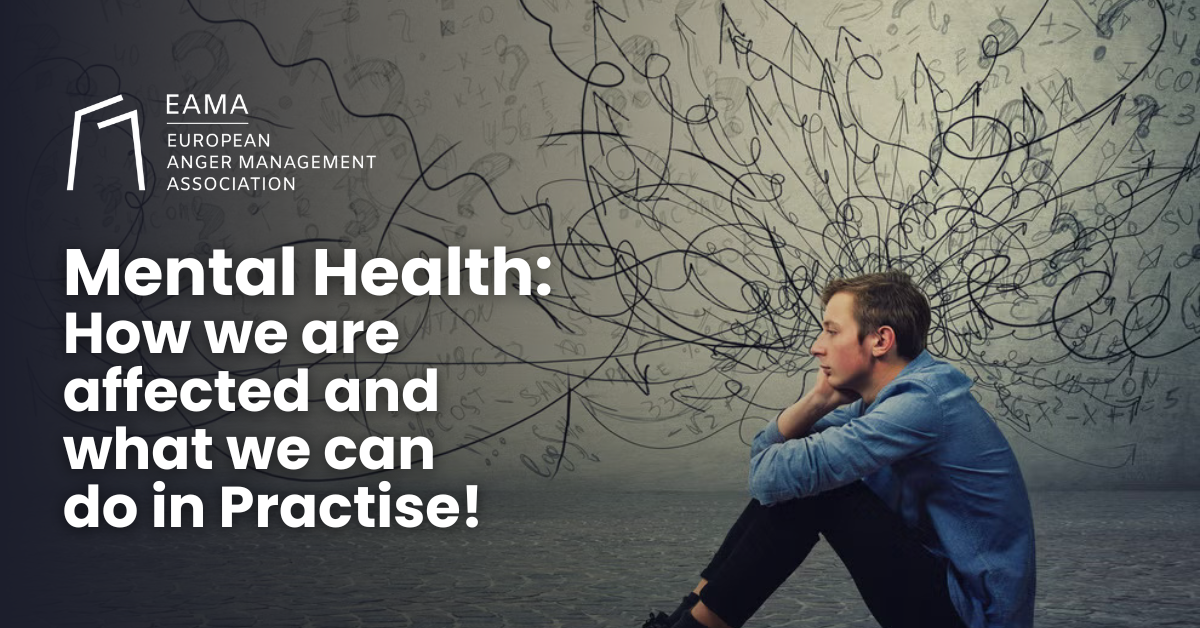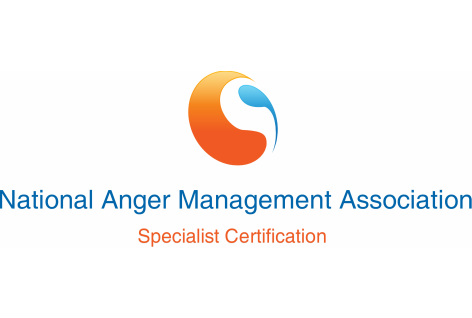The current environment we live in requires fast and exhausting rhythms, that’s why is important to prioritize our mental health.
According to the World Health Organization (WHO), approximately 1 in 4 people will experience a mental health problem at some point in their lives.
This topic for many years was taboo and considered as non-existent, but now it is given the importance as it affects all people in all fields.
Firstly, it is important to define what mental health is, in order to create the same frame of reference:
Mental health refers to a person’s emotional, psychological, and social well-being. It includes how people think, feel, and behave as it directly affects how they handle stress, anger make choices and interact with others. Mental health is essential in every stage of our lives (from childhood and adolescence to adulthood).
Mental health issues refer to a range of conditions that affect a person’s thoughts, feelings, and behavior, leading to distress, reduced functioning, or poor quality of life.
Below I will share, practical ways to nourish and shield your mental health and promote emotional well-being.
Caring for our emotional and psychological well-being requires practices that can be easily applied into our daily lives.
Prioritize and Establish a Daily Self-Care Routine:
Create a self-care routine that includes activities you enjoy and relax you. Start and end your day with a few minutes of quiet, deep breathing, or meditation. Find time each day to engage in activities that bring you joy, such as reading, or a hobby. Make self-care a non-negotiable part of your daily routine.
Connect with supportive people and Build strong relationships:
Build relationships with supportive people and people who make you feel good. Schedule regular meetings with friends or family members who make you feel valued and understood. Engage in meaningful conversations that allow you to share your thoughts and feelings. By cultivating a network of positive relationships, you create a support system that enhances your mental well-being.
Learn techniques to handle stress and anger:
Identify stress and anger triggers in your life and learn practical strategies to manage them effectively. Eg. Do deep breathing exercises or guided meditations when you feel overwhelmed. Engage in physical activities such as jogging, yoga, or dancing to release tension and boost your mood. Consider incorporating stress and anger reduction practices into your daily routine, even if it’s just for a few minutes each day.
Prioritize balance by Setting boundaries:
Maintain a healthy work-life balance by setting clear boundaries. Learn to say no to excessive work demands or commitments that infringe on your personal time. Set specific times for work, and once you’re done for the day, disconnect and engage in activities that bring you relaxation and joy. Strive for balance by devoting time to both work and personal pursuits.
Cultivate mindfulness in everyday life:
Practice mindfulness in your daily activities by being fully present in each moment. While you eat, enjoy the flavours and textures of your food. When you walk, notice the sensations of each step. Engage in conscious listening during communication by giving your full attention to the speaker. By incorporating mindfulness into your routine, you strengthen your ability to manage stress and improve your overall well-being.
Limit exposure to negative influences:
Limit your exposure to negative news and social media content that can contribute to anxiety or feelings of not being enough. Instead, seek out positive and motivating sources of information and interact with supportive people who promote a healthy environment. Consider setting limits on your social media exposure, such as setting specific times for checking the news or social media and focusing on positive and motivating content that inspires and motivates you to take action.
Seek professional help if needed:
Professional help is not bad or negative! It is a courageous step towards better mental health. If you experience persistent feelings of sadness, anxiety, or struggle with your daily life, don’t hesitate to contact a mental health professional. They can provide you with guidance, support, and practical tools tailored to your specific needs.
Taking care of your mental health requires practical strategies that can be integrated into your daily routine. Making small changes can make a big difference in boosting your overall mental health and achieving a life you enjoy rather than just living conservatively.
Promoting mental health involves taking proactive steps to maintain and improve well-being, such as practicing self-care, seeking support when needed, developing healthy coping mechanisms, and engaging in activities that promote positive mental and emotional states. It also includes challenging the fact of discrimination surrounding mental health and promoting access to mental health services and support for all people. (This needs to be done by the authorities of each country – it is their obligation now)
It is precisely for this reason that we created the European Anger Management Association (EAMA) to train specialists in Anger Management and make a significant contribution to the promotion of mental health and its importance at all levels.
Our program aims to train Specialists in Anger Management and introduce a new way of managing anger, stress while empowering people. See details about Training here
Vasiliki Christofi
Founder and Director of the European Anger Management Association (EAMA)
Applied Communication, Soft Skills, PR Specialist, NAMA Certified: Anger Management Specialist IV and CCIS Crisis Intervention Specialist II – Trainer & Coach, B.A. Applied Communication, UK – Trainer & Coach



